***46º Foro Anual de la PGA y 4ª Asamblea Consultiva de Parlamentarios por los Océanos, 26-27 de marzo de 2026, Ciudad de México.*** REGÍSTRATE AQUÍ
- Sobre nosotros
- Programas y campañas
- Noticias y actividades
- Recursos
- Únase ahora
Egypt signed the Rome Statute on 26 December 2000.
Egypt has not ratified the Kampala Amendments.
Egypt has not signed the Agreement on Privileges and Immunities.
Egypt signed a Bilateral Non Surrender Agreement (BNSA) proposed by the USA on 26 February 2003 and 5 March 2003.
In 2007, three Egyptian MPs participated in a Meeting in The Hague. Prticipating MPs remained open and committed with PGA to receive information on the developments concerning the ICC: to report to parliamentary groups on the results of the Hague meeting; to facilitate communications with appropriate governmental authorities; and as feasible, to host a further meeting on the ICC to be held in the Peoples Assembly with the assistance of PGA and the presence of a national international expert.
On 9-10 February, 2005 a Regional parliamentary conference on The Rule of Law and the Protection of Civilians, was held in Cairo, Egypt.
Last Universal Periodic Review (UPR) was held in October 2014 and Egypt received Rome Statute related recommendations from Chile and Brazil. Next UPR will be conducted in April 2019.
|
|
|
|
|
|
|
125 países forman parte del Estatuto de Roma de la Corte Penal Internacional. De ellos, 33 son Estados africanos, 19 son Estados de Asia y el Pacífico, 20 son de Europa oriental, 28 de 28 de América Latina y el Caribe, y 25 de Europa occidental y otros Estados. |

8th Middle East and North Africa (MENA) Parliamentary Working Group on the fight against impunity and the strengthening of the rule of Law: national, regional and international ramifications (Part 2).
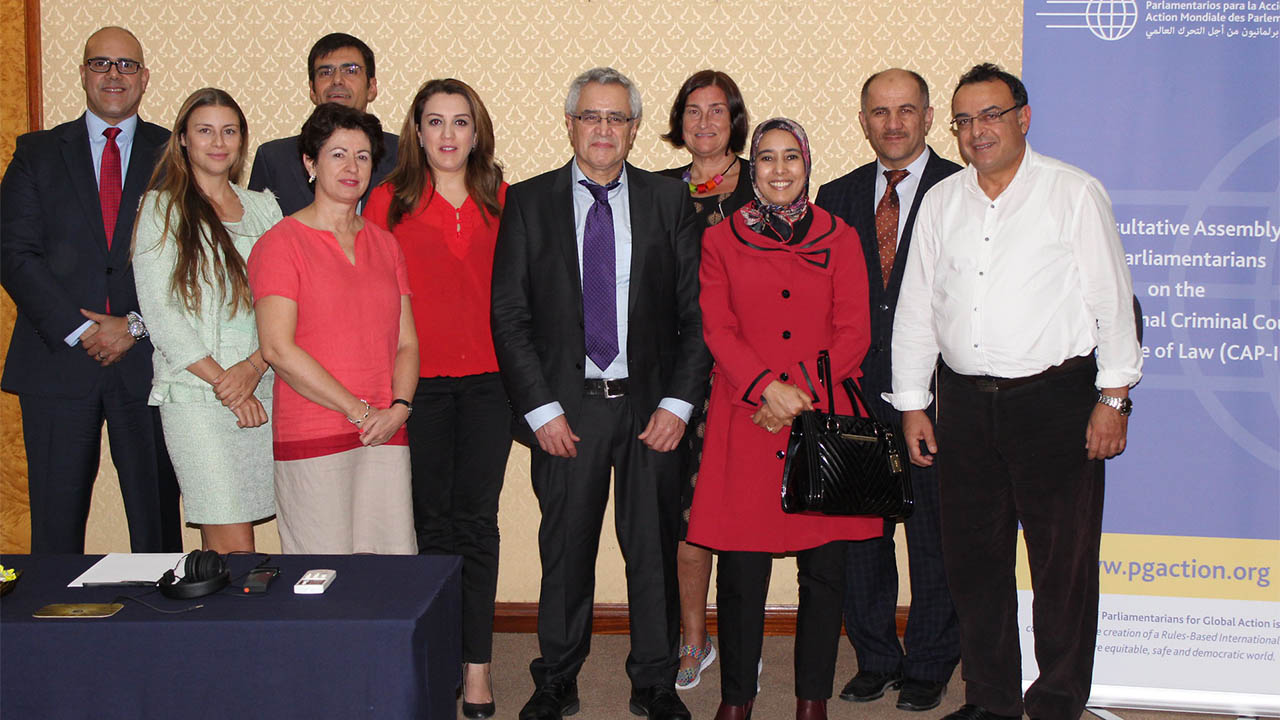
Si bien la mayoría de los gobiernos de Medio Oriente y África del Norte han expresado su apoyo a la CPI, pocos han tomado las medidas necesarias para ratificar o adherirse al Estatuto de Roma.
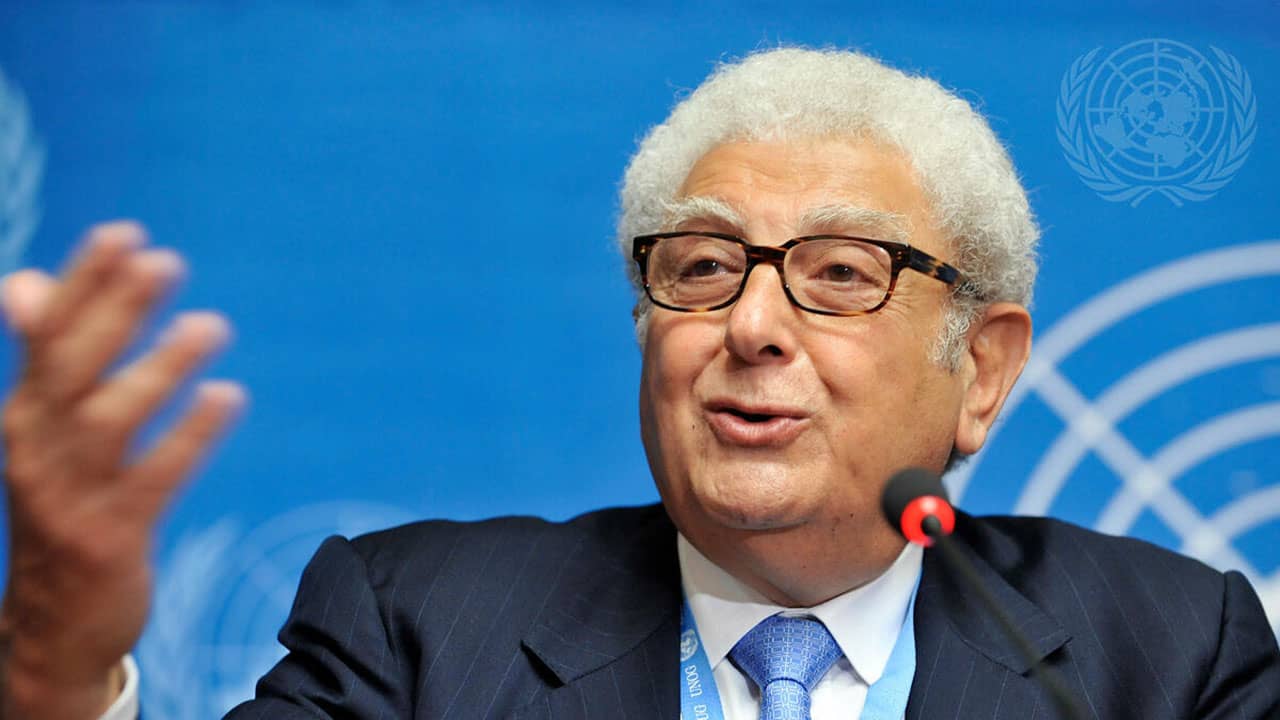
PGA is saddened by the death of Professor Dr. M. Cherif Bassiouni, one of the greatest legal scholars of our time.
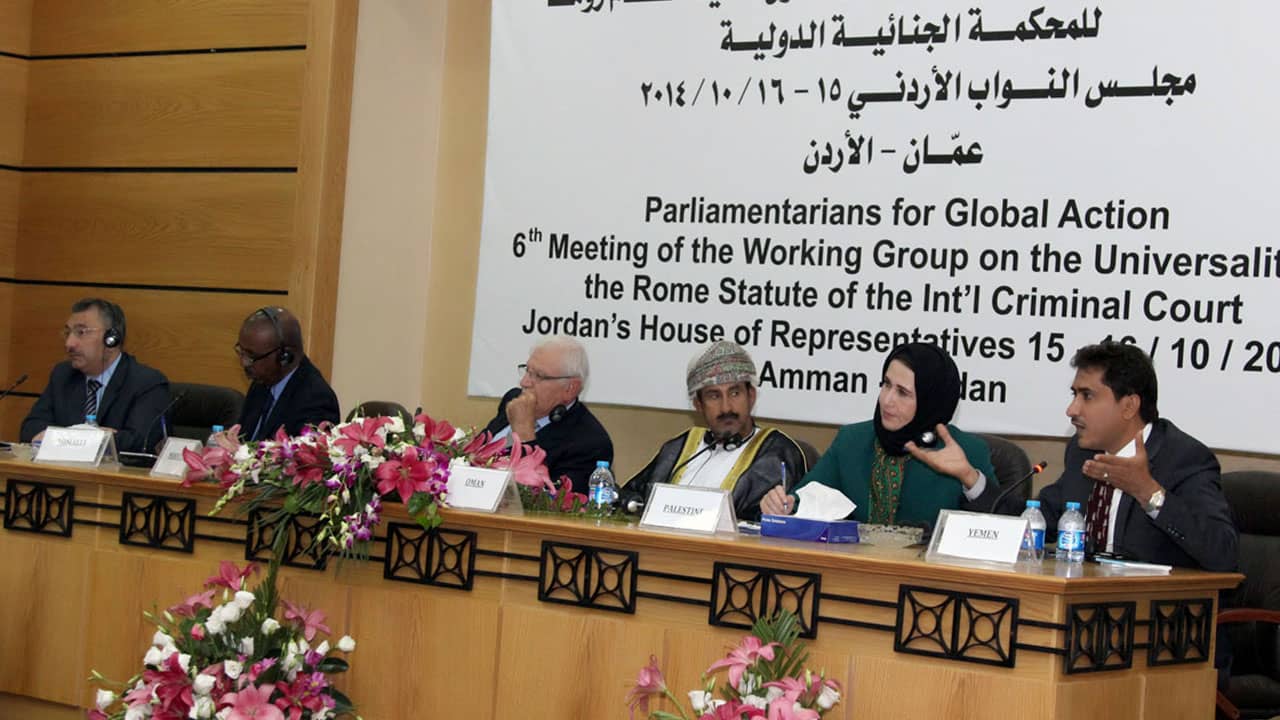
While most Governments in the (MENA) Region have expressed support for the ICC and the fight against impunity for crimes under international law, few have taken the necessary steps to ratify or accede to the Rome Statute of the ICC.
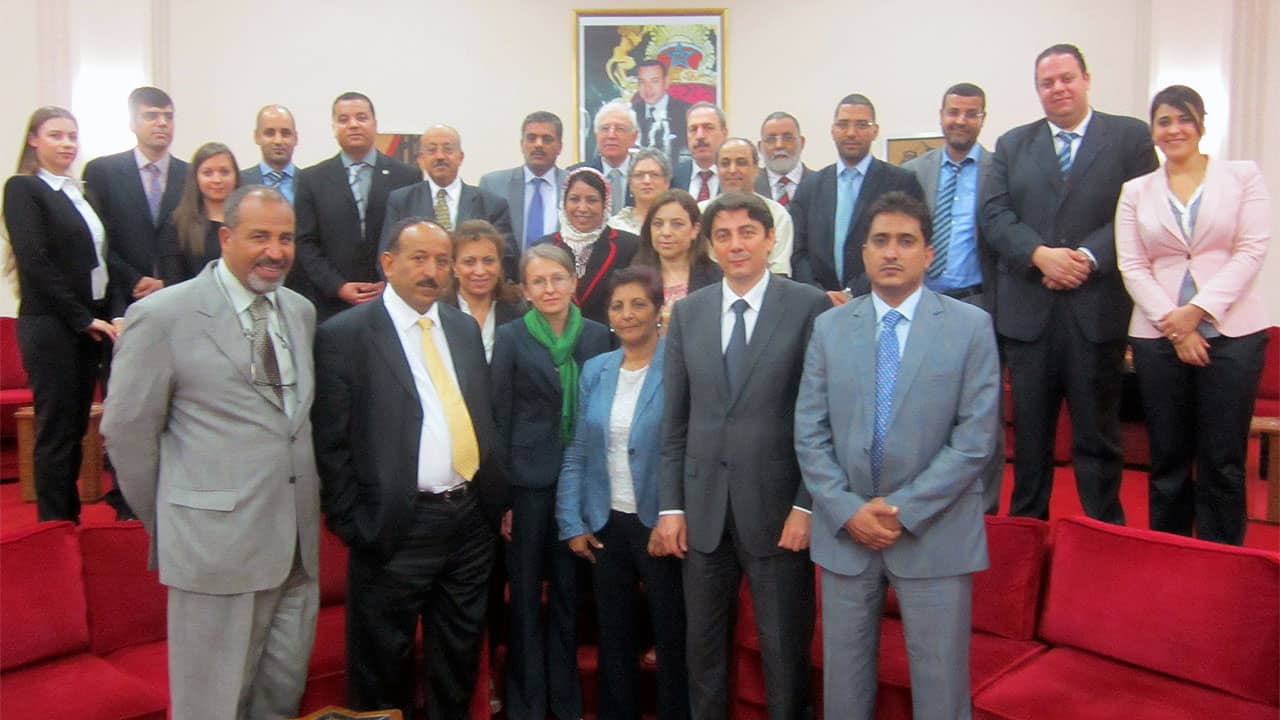
On the occasion of a parliamentary conference and related consultations held in Cairo, Egypt, in 2005, PGA created the Working Group on the Universality of the Rome Statute of the ICC in the Middle East and the Mediterranean. The goal of the Working Group
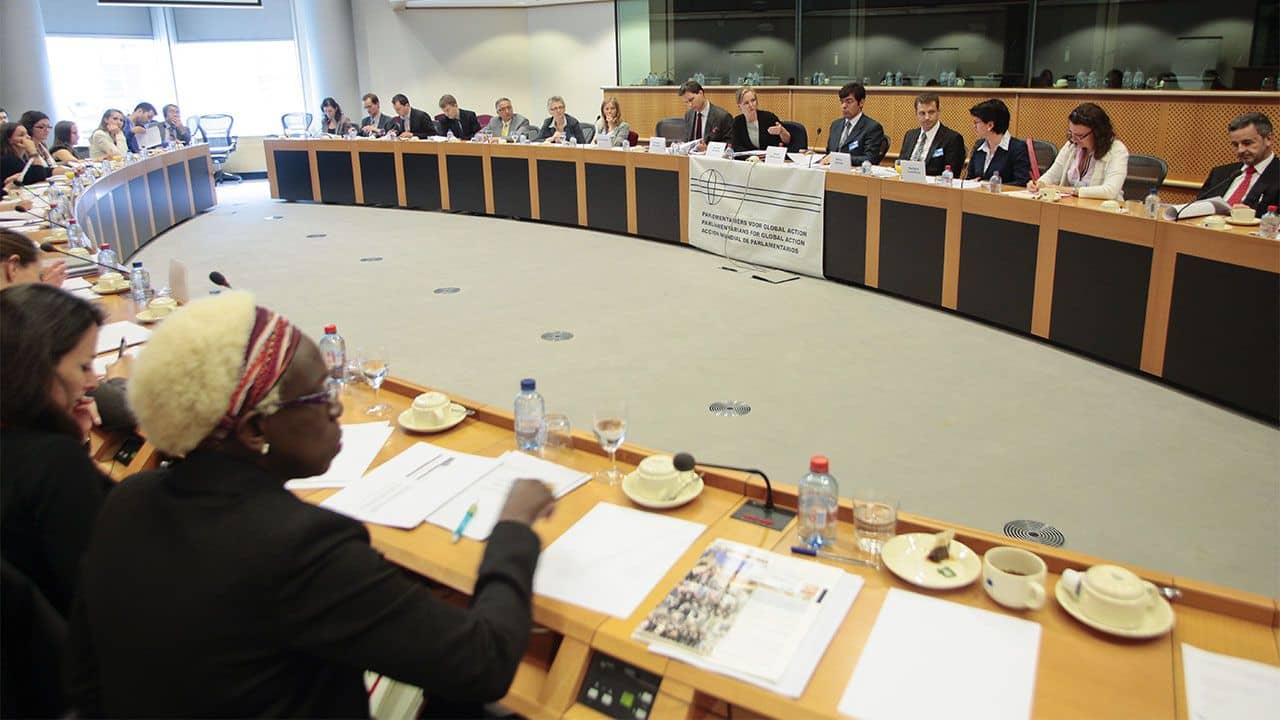
Under the leadership of Ms. Marietje Schaake, MEP (Netherlands) and in collaboration with PGA, several MEPs as well as a delegation of NGOs and representatives from EU institutions gathered at this Roundtable to deliberate on and contribute to the new EU.
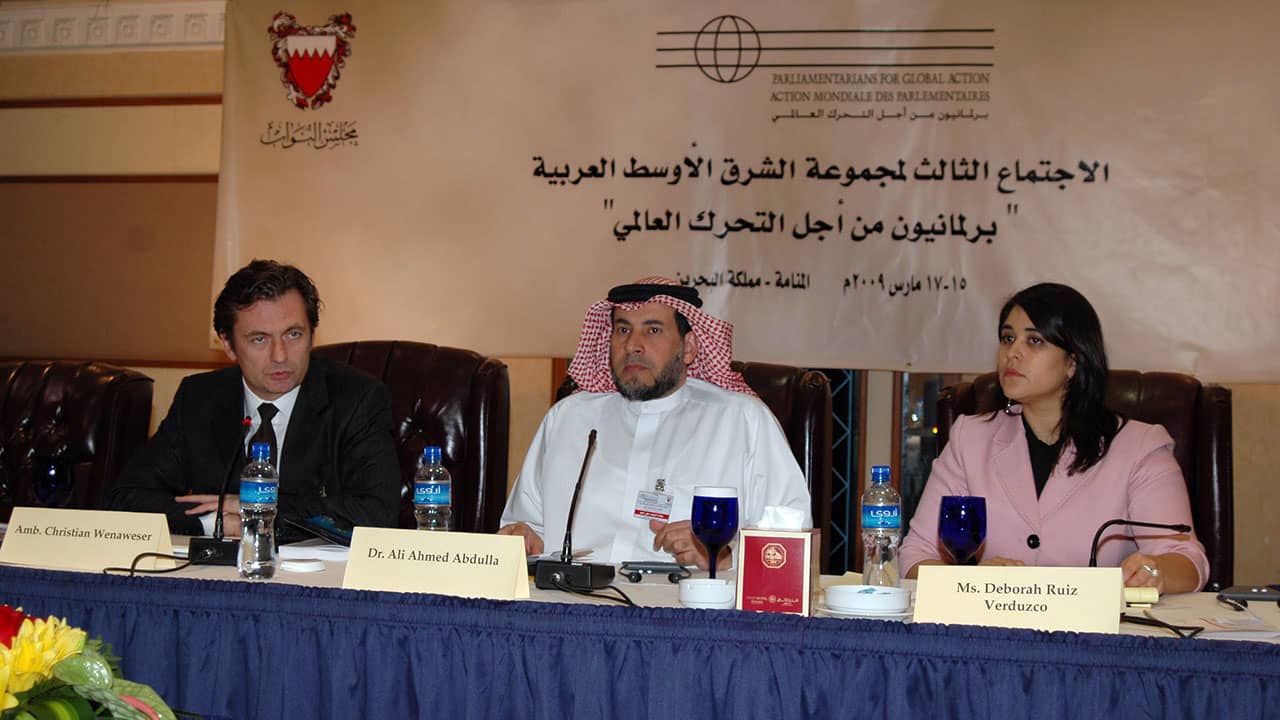
Legislators from Bahrain, Egypt, Morocco, the UAE and Yemen met in Manama, Bahrain under the auspices of Parliamentarians for Global Action and its members Dr. Salah Ali, MP (Al Menbar) and Mr. Khalil Al-Marzooq, MP (Al Wefaq) members of the Majlis Al Nu